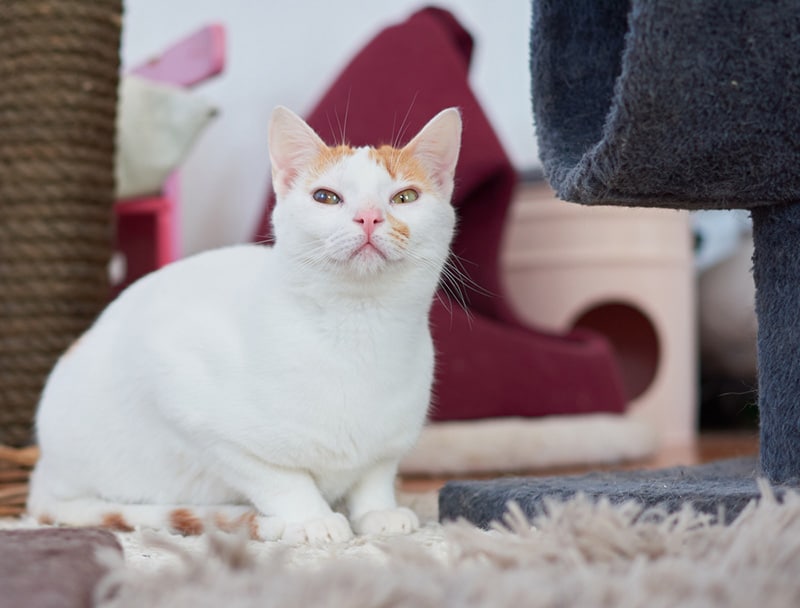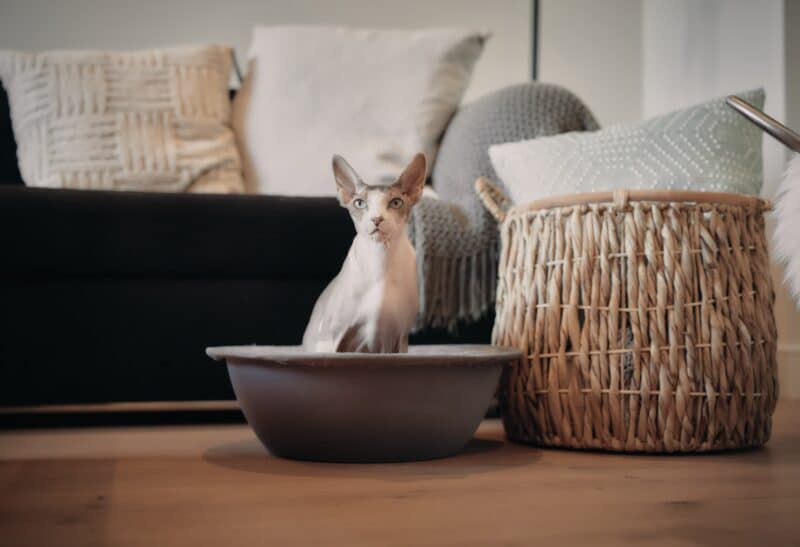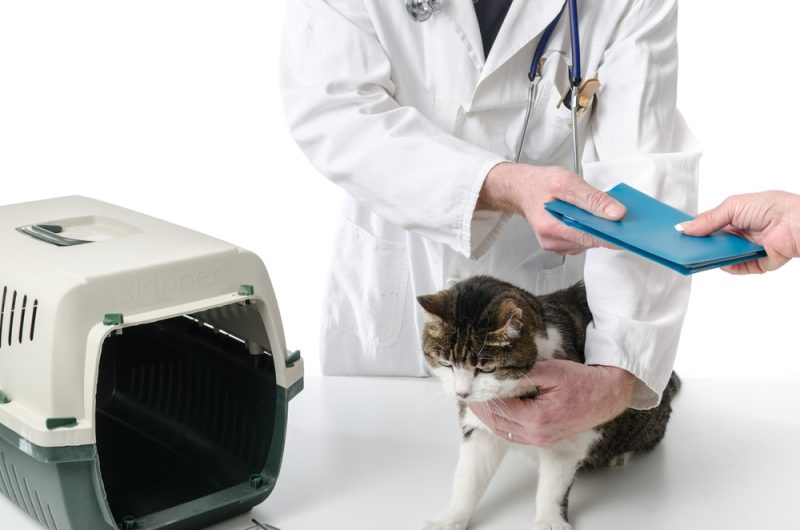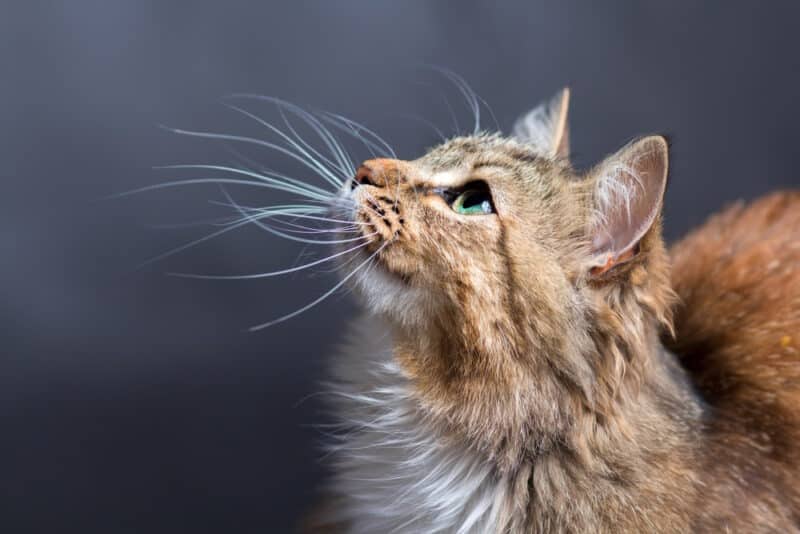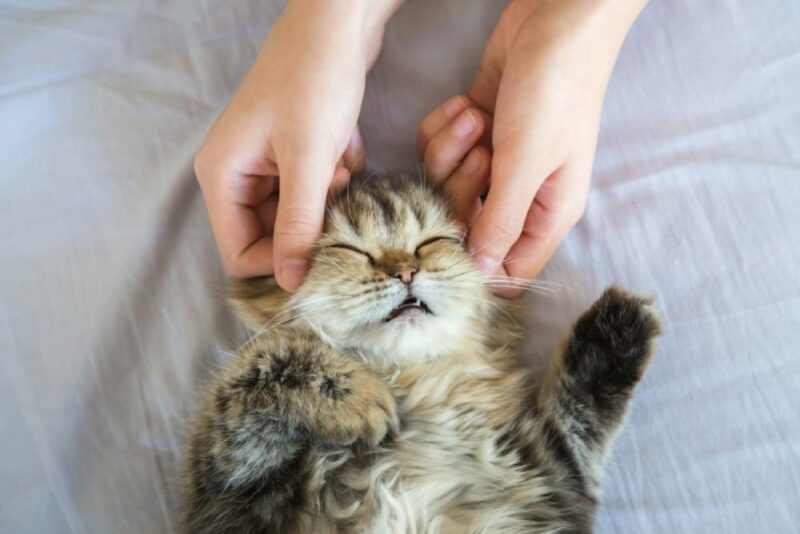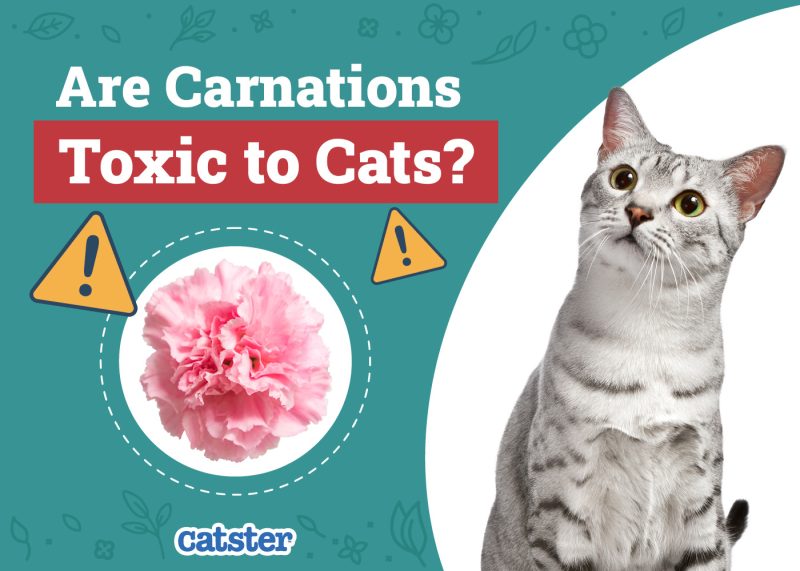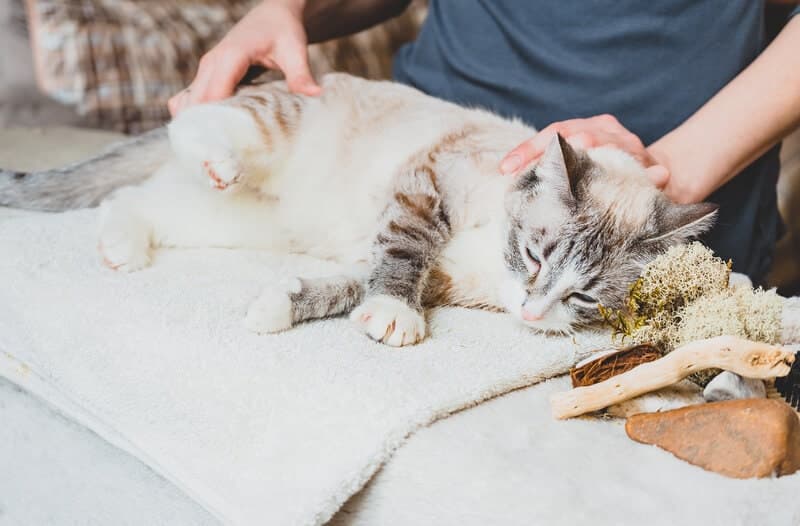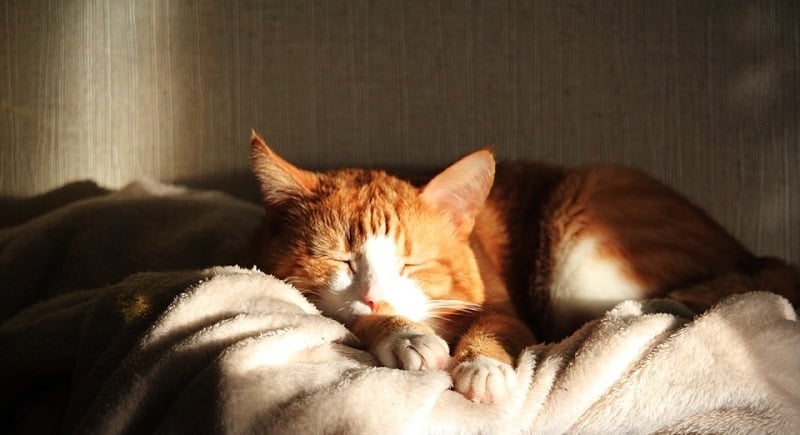Cats are wonderful companions, as millions worldwide can attest, and it makes sense to wonder if they make good pets for college students. Adopting a cat is a serious step that deserves careful consideration and should be undertaken with a complete understanding of the responsibilities involved in caring for a being who can live for decades.
Potential owners should consider a few factors, such as the cost of care, the impact having a pet may have on their living situation, and whether their life is set up to accommodate the demands of pet ownership. Since it depends on several factors, there’s no cut-and-dry answer to whether cats make good pets for college students.

Factors to Consider When Thinking About Adopting a Cat
There are three aspects to consider when determining whether the time is right to adopt a cat, including finances, housing, and personal lifestyle choices.
Money
While cats don’t typically cost a fortune to keep happy and healthy, they require food, toys, and medical care that can add up over time. Because high-quality food is so important for keeping cats healthy, saving money by purchasing cheap kibble isn’t always a great choice.
Cats also require regular medical care, which can be expensive for students on tight budgets, and it’s critical to have money set aside to pay for emergency trips to the veterinarian that most cat parents have to deal with at least a few times during their companions’ lives.
Students who aren’t struggling to make ends meet may have the money to care for pets properly, but it depends on the situation. Keep in mind that students’ financial situations often change and can go through ups and downs, particularly in the period right after graduation.
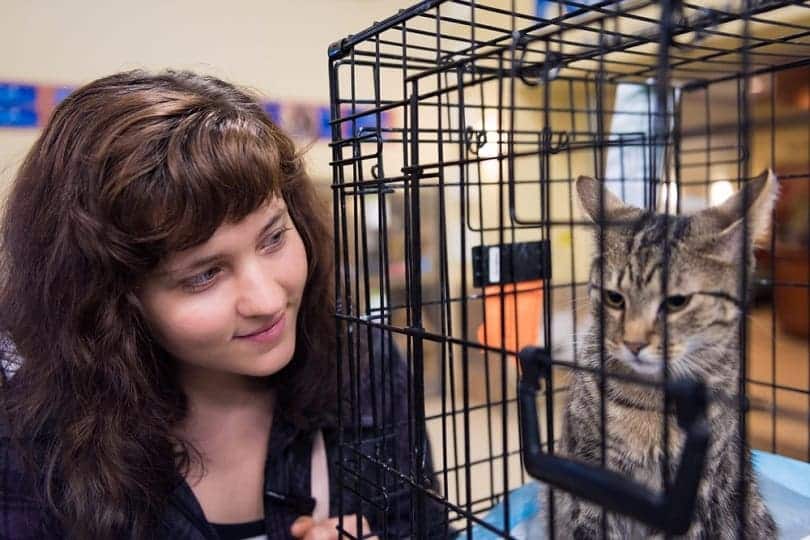
Housing
Housing can be a significant issue regarding pet ownership while people are in college and immediately after graduation.
Housing While Studying
Most colleges and universities don’t allow cats in dorms, but some have pet-friendly apartments. College student living arrangements shift from year to year, and many elect to live in private housing at some point. Still, not all landlords permit pets, which can make it complicated to find places to stay, particularly when roommates are involved.
Housing After Graduation
Students who move to new cities after graduation may also have difficulty finding housing that permits pets, meets their needs, and fits their budgets, which can lead to tragic situations where cats need to be rehomed.
Moving from city to city with a cat requires extra planning, time, and cash, and having a cat riding shotgun can make it more difficult to find roommates since not everyone is interested in living with a cat, and some people are allergic.
Lifestyle Choices
Cats don’t need to be walked to go to the bathroom or to head to the park for a stress-releasing game of fetch, but they require lots of love and attention. Busy students may not have time to hang out with their cats, given all the meetings, study groups, lab sessions, and social activities they’re involved in. Pets can also become flashpoints of conflict between roommates.
Students who have relatively regular schedules and aren’t involved in many activities may find they have enough time to spend with a cat while they’re in school. However, some may wait as the demands on their time may become unpredictable after graduation as they start working, making new friends, and establishing lives in new cities.
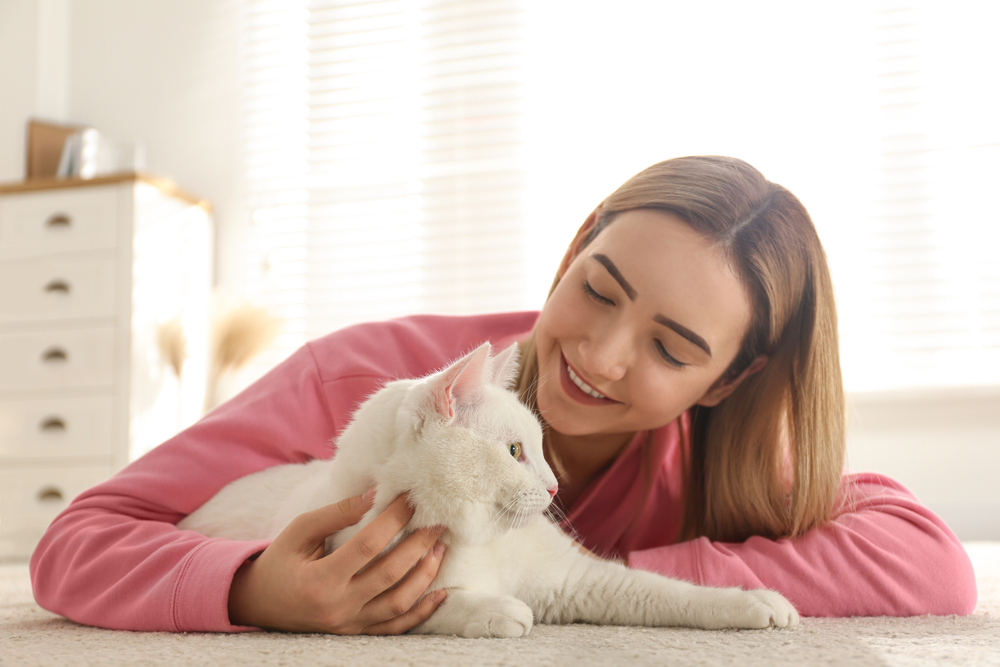

Frequently Asked Questions (FAQ)
Where Can I Find More Information About a School’s Pet Policy?
Most colleges and universities post information online regarding whether pets are permitted in university-owned housing. There are different rules for dorms and apartments, and some have restrictions on the number of pets allowed in a unit.

Are Some Pets Allowed in Dorms?
Many colleges and universities allow fish in dorms, but there are limits on aquarium sizes. Very few institutions allow cats, dogs, fish, or birds, but you can check the university’s housing policies to find out.

Conclusion
Cats provide love and companionship to the lucky humans who live with them; petting animals has been shown to have many health benefits, including helping to lower stress, which is helpful for stressed-out college students.
There’s no clear answer to the question of whether cats make good pets for students or not. The issue is whether a student has the resources to be a good cat guardian, and circumstances vary significantly between individuals. Factors to consider before adopting a cat include the cost of paying for food and regular medical care, living arrangements, and lifestyle factors.
Featured Image Credit: Ground Picture, Shutterstock


